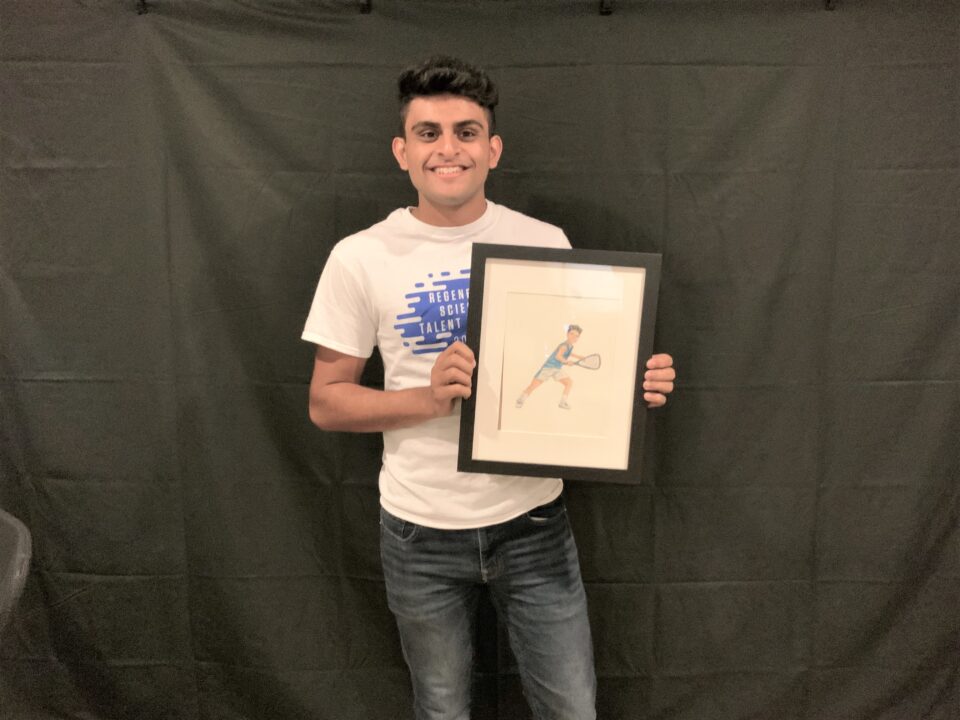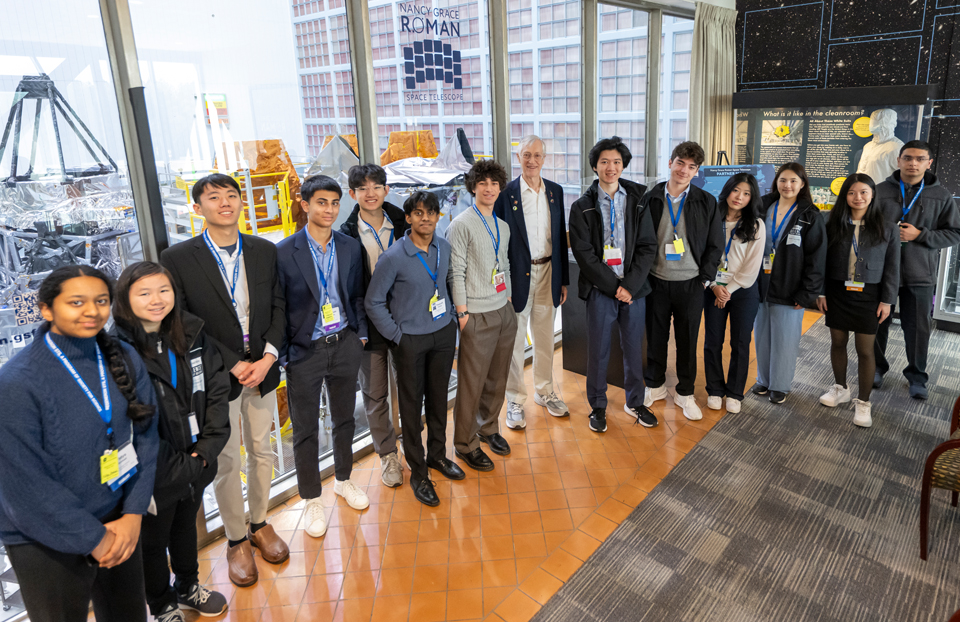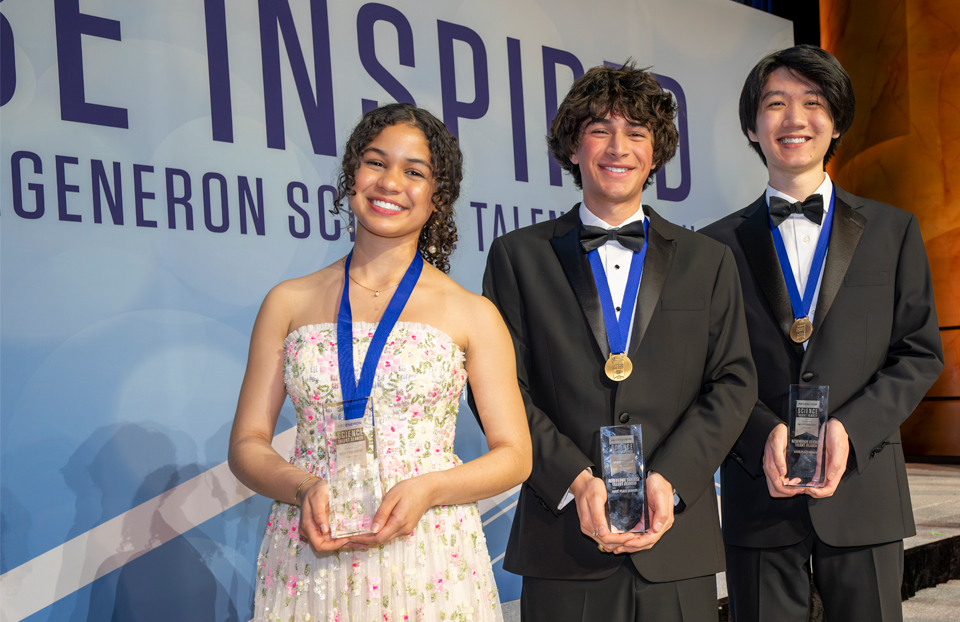Five questions with Rohan Wagh, the 9th place winner of the 2020 Regeneron Science Talent Search

Last year, MIT undergraduate, Rohan Wagh, of Portland, Oregon won a $50,000 award in the Regeneron Science Talent Search. Rohan developed a low-cost, user-friendly, bacteria-powered sensor system to help farmers gauge soil quality, moisture, nutrient conditions and water saturation. By planting multiple sensors across a field and collecting data from that area, Rohan sought to aid farmers with water conservation and enhanced irrigation strategies. Rohan found that his system could improve water use and increase crop yields for around $100 per acre.
Rohan says that his biggest piece of advice to inspire the next generation of scientists is “to never give up on an idea just because it doesn’t work the first time. It can be disheartening to see an idea fail, but remember that research tends to fail a lot before it finally works. The best science comes after pushing through these ‘failures’ and thinking of each ‘failed’ idea as a stepping stone to your final solution.”
Let’s hear more from Rohan below!
Which sci-fi advancement do you wish we had by now?
The ‘point of view gun’ from The Hitchhiker’s Guide to the Galaxy needs to be a real thing. Being able to see the world from multiple perspectives would help solve so many issues and resolve a lot of the challenges we face as a world. With huge challenges like climate change and food shortages, it would be great to be able to get everyone ‘on the same page’ and bridge the gaps in our society.
Which scientist – alive or deceased – would you want to solve scientific mysteries with and why?
Linus Pauling. Not only was he born in Portland (where I am from), but he was also a groundbreaking chemist and science advocate. I’ve always been interested in science activism and would want to talk to Linus Pauling about what drove him to be such a strong advocate for peace. Of course, I would also ask him why he loved vitamins so much!
What would you invent if you had all the resources in the world?
I would invent a Flint Lockwood Diatonic Super Mutating Dynamic Food Replicator (FLDSMDFR). Also known as the food-making machine from Cloudy with a Chance of Meatballs, the FLDSMDFR would not only let me immediately get any food I crave, but also help get food to places that are facing huge famines and shortages. A close second would be the ‘spray-on shoes,’ but I think we all saw how that turned out.
What was the most surprising part of having STS be a virtual event?
When we first found out that the competition would be online, we all thought it would be a limited experience, fearing that being virtual meant that we would miss out on something. However, throughout the week, I never felt like I was missing out on anything at all. I was constantly surprised at how much care the Society and Regeneron put into every activity, with online escape rooms, game nights and the virtual event hall. By the time the week ended, I realized that while I spent most of virtual STS at my desk, it still became one of the best weeks of my life.
What was your favorite experience from virtual STS 2020?
The most memorable part for me was meeting the other finalists and playing online board games between events. Between panels with amazing speakers like Feng Zhang and Kenneth Harris, we would set up video chats and play games like Avalon or Pictionary. Getting to know the other finalists through these video chats was one of the most important and impactful things I have gained from STS. All the other finalists are incredibly driven and passionate about science, and the connections I have made through STS, even virtually, will stay with me for life.
The 2021 class of Regeneron STS finalists will compete in the virtual competition in just a few weeks! Register today for the Public Exhibition of Projects on March 14 and the Winners Award Ceremony on March 17. Stay tuned for our big announcement on March 17, when the top 10 of the top 40 finalists will be named Regeneron STS winners.


